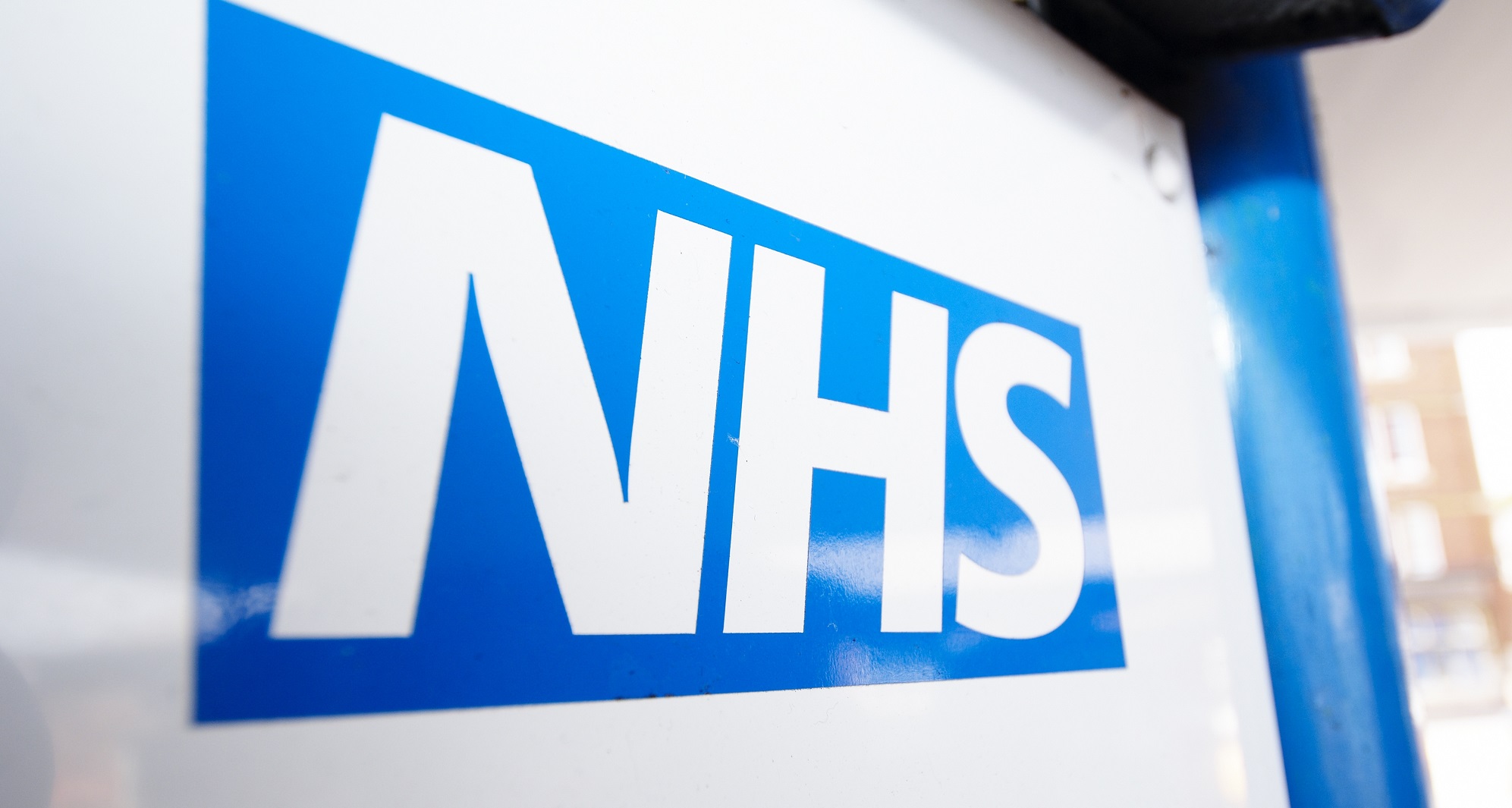More UK doctors disclosing pharma fees, but a third still anonymous

There has been an increase in healthcare professionals agreeing to be identified by name in a register of pharma industry payments.
Last year was the first time ever that names of individual UK doctors and other healthcare professionals were disclosed - but around 45% used a privacy clause to remain anonymous.
This year the number agreeing to full disclosure rose 10%, but 35% still retained their right to anonymity.
The UK pharma industry body the ABPI has welcomed the higher level of disclosure - but transparency campaigners say anonymity should not be allowed.
The industry remains concerned that this secrecy will raise suspicions and mistrust among the media and general public. While it supports full transparency, it cannot oblige healthcare professionals to agree to have their names disclosed.
Healthcare professionals are permitted to remain anonymous because the EU Data Protection Directive protects their right to privacy, unless another national law overrides this.
Other countries such as France and the US have introduced legislation such as the “Sunshine Act” legally compelling doctors to publish details of payments from industry.
The ABPI’s Disclosure UK scheme is part of a Europe-wide push by the pharma industry to voluntarily disclose payments to healthcare professionals and healthcare institutions.
The ABPI said 60% of non-R&D related payments to healthcare professionals went to the 65% who chose to disclose their payments.
It said almost three quarters (74%) of payments and benefits in kind are related to industry’s work with healthcare professionals and organisations to research and develop new medicines.
Sharp rise in payments
The figures show that in 2016 the industry spent a total of £454.5m working in partnership with leading UK health experts and organisations to improve patient care – a 25% increase from 2015 (£363m).
This rise is driven by an increase in payments relating to R&D shown in aggregate, which has increased 33% from 2015 (£254m) to £338.1m in 2016.
The remaining £116.5m (£109m in 2015) was for payments and benefits in kind not related to aggregate research and development and covered activities with HCPs and HCOs in areas including consultancy fees and donations and grants.
In total healthcare professionals received £39.9m in service and consultancy fees, up slightly from £39.1m, and £29.4m in donations and grants, almost unchanged from last year.
[caption id="attachment_21182" align="alignnone" width="120"] The ABPI's Mike Thompson[/caption]
The ABPI's Mike Thompson[/caption]
ABPI chief executive Mike Thompson said: "We have seen a significant step change in behaviour in the past year, which we welcome wholeheartedly and should be applauded.”
"Increasingly doctors, nurses and other healthcare professionals are doing the right thing in disclosing their collaborations with industry.”
However Thompson said there was no room for complacency, adding that the ABPI is committed to a 100% consent rate.
But the Daily Telegraph, which has previously run investigations into pharma payments to industry, called for a Sunshine Act-style law to ensure all healthcare professionals disclose payments from industry.
It quoted pharma transparency campaigner Dr Ben Goldacre as saying: “It is ridiculous that doctors working in the NHS are allowed to take money from pharma companies and withhold that fact from patients.”













